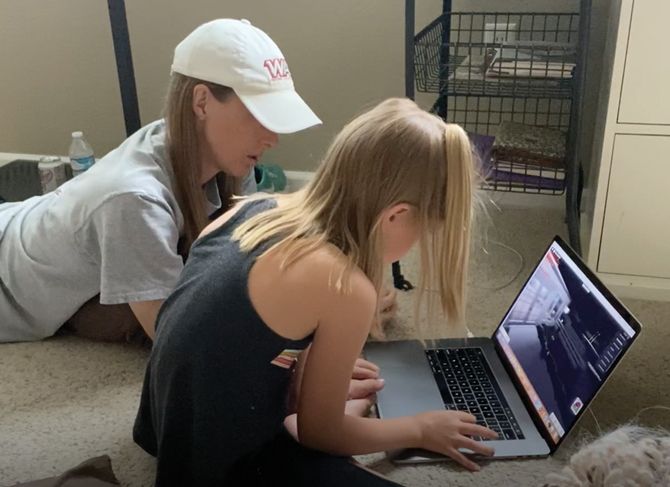This issue talks in detail about some technical terms that have made their way into conversations lately: Web 3.0, the metaverse, NFTs and blockchain technology being the key ones. These are terms that most people, unless they’re super tech savvy, don’t really understand. And yet they will play a pivotal role in social media and the Internet’s future – not just in how your business runs and what brides expect, but also in your daily life. It’s crucial to begin learning now.
Admittedly, my tech savviness ranks somewhere between “not completely incompetent” and “better than my parents”. Translation: I had to do a LOT of research before I had a strong enough understanding to write this story. But once I got to this point, I realized it was largely my own intimidation that had been holding me back. I kept telling myself that because these terms sounded so foreign and “scary” the technology behind them must be extremely confusing – so I approached the task afraid and that didn’t help.
In reality, these terms are actually fairly simple, straightforward concepts – and wow are the future possibilities cool! The purpose of the story on page 32 is to introduce you to the “social media of the future” in a simple, easy-to-understand manner while outlining the numerous opportunities you will have for brand-building and profit making. The point, at this stage, is simply to educate yourself. For while this technology is definitely coming, how exactly it will play out is still unclear. Learning is good enough for now.
What I didn’t realize when I began this story is that I already HAD experience being in the metaverse (Semi-spoiler alert: the metaverse refers to an immersive, 360-degree online world where people use fully customizable avatars to socialize, shop, work and play). My now nine-year-old niece, Emerson, has been really into a virtual reality game called Bloxburg, hosted on the platform Roblox. She introduced me to it during the summer of 2020, and collectively, we have played many hours together – over the phone and in person. We have also spent real money (mine) buying “Robux”, which can be exchanged in the game for virtual outfits, objects and privileges like an Excellent Employee badge or upgraded home lot.
That a child is into a video game is not surprising. That I, of a completely different generation and not ever really a gamer, fell for it shocked me. For I think that’s what I have learned more than anything: the metaverse isn’t just a game; it’s a virtual identity. There is something soothing and validating about a world in which you can create or be anything you want to. Indeed, major brands and companies are recognizing it too, with many of them flocking with their real money to snap up trademarks, open virtual businesses and sell virtual goods.
The opportunities for businesses small and large in the next generation of Internet and social media are tremendous and real. The time to learn about them is now, as things will develop quickly and you definitely don’t want to be left behind.!
Addicted to the Metaverse
by Shannon Hurd, Editor In Chief
I’ve had a taste of what’s to come for social media – and it’s definitely cool!







